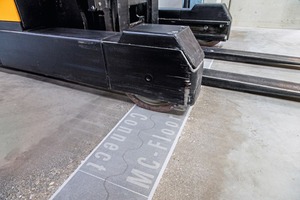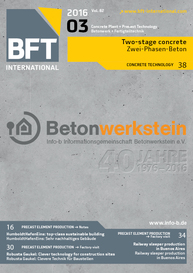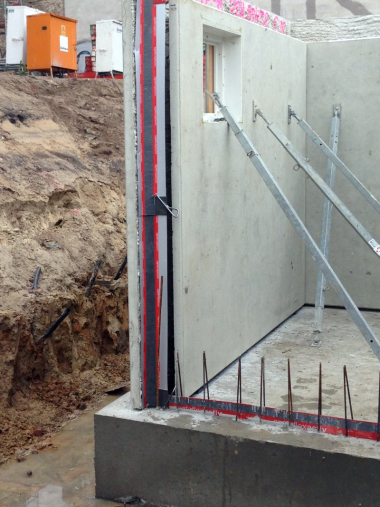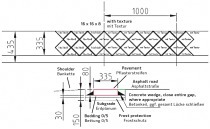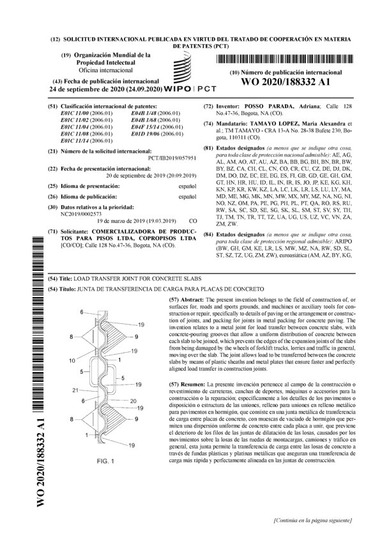High-resistance, low-noise floor joints
You cannot see them, but you frequently hear them as contact from wheeled traffic invariably gives rise to noise and vibration. Industrial trucks such as forklifts often shake as they pass over such joints, increasing noise levels and even sometimes causing damage to fragile goods on board. Sooner or later, the forklifts and the floor itself experience attrition, with operative health also a concern.
Now these problems can all be assigned to the past – with MC-Floor Connect from MC-Bauchemie. These fast, easy-fit prefabricated plastic-concrete profiles create a smooth floor surface, ensuring that wheeled equipment can pass over virtually vibration- and noise-free. In areas with traffic like in multi-storey car parks special profiles offer joint width bridging capability of up to 80 mm.
Joint profile system
The MC-Floor Connect joint profile system is quickly installed by trained personnel, offers high mechanical resistance and stays flush with the floor so there are no disruptive edges. Wheeled handling equipment is able to travel smoothly over them to keep both the operatives and the on-board materials free from harm. MC-Floor Connect is available in three types to cover a truly extensive range of applications: MC-Floor Connect ST, RC and CP. Their low installation depth means the amount of chiselling-out required is minimal, leaving the building fabric intact. In all, the installation process usually takes no more than two days. As well as being mechanically sound, the profiles exhibit high chemical resistance and are corrosion-free and waterproof.
MC-Floor Connect ST has been developed for use in production and storage buildings. It is highly resistant to mechanical stress as caused e.g. by forklift travel, thus both protecting the handling equipment and reducing the risk of damage to the materials on board. The maximum joint width for this type is 30 mm. Like the ST, MC-Floor Connect RC is able to withstand high mechanical loading, but also has a flange for thick-film coatings up to 5 mm in depth. That makes it particularly suitable for installation in floors such as in industrial facilities or retail outlets where floor coatings are a requirement. The maximum joint width for this type is likewise 30 mm. MC-Floor Connect CP is designed for use in joints exposed to mechanical stress such as that caused by traffic in multi-storey car parks. It likewise has a 5 mm coating flange, but also offers a significantly wider joint width bridging capability of up to 80 mm. These properties are unmatched, giving MC-Floor Connect CP a unique selling proposition in the marketplace.
The joint profiles are supplied in lengths of 1.20 m. These are then cut to the required size using an angle grinder.

